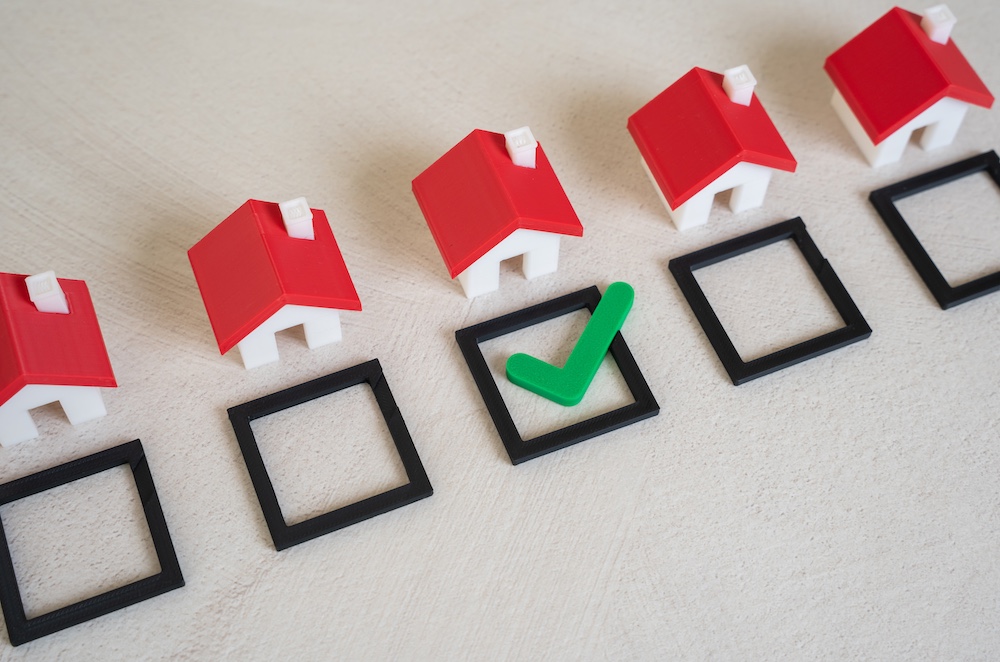Speaking to many of my buyer clients, and specifically first-time home buyers, one thing has been very clear. There’s a distinct lack of understanding around how a mortgage works, and what the choices a consumer has.
Our education system does a great job teaching people about how the Canadian political system works, the Periodic Table and what the Pythagorean Theorem solves for, there’s a severe deficit in certain functional components of existing in our society, and mortgages are not an exception.
Have you listened to our podcast yet? Check out The Last Honest Realtor right here or wherever you get your podcasts!
They Should Teach Mortgages in School
While most folks have a general understanding that an individual will provide a portion of the upfront cost of the home purchase, the bank will cover the difference to reach the sale price, and over time the owner will pay back said difference in installments, many folks don’t know what options are available and what the pros and cons of those choices are.
Over the next few paragraphs, I will explain the two options available to home buyers, the Fixed Rate and Variable Rate mortgage, and share the pros and cons of each option, to help you decide which option is most appropriate for your situation.
This is important, as choosing the right mortgage option can save a buyer tens of thousands of dollars over the life of home ownership, while also offer peace of mind and lifestyle flexibility that is important to many.
Do you home more home-buying questions? Check out these posts next to get answers:
- How Much Does it Cost to Own a Home in Toronto?
- Should I Buy a House That’s Been On the Market for a Long Time?
- What You Really Need to Know About 30-Year Mortgages in Canada
What is a Fixed-Rate Mortgage?
Beginning with he Fixed Rate Mortgage, this is an option in which the interest rate charged for the owner to borrow the money from the bank is determined from the outset of the loan and remains unchanged over the entire term.
This results in a consistent monthly payment which allows for simple household budgeting and protects consumers from rising costs in the event of interest rate hikes. This payment schedule will continue over the length of the mortgage term, with the most common term in Canada being five years but can range from as short as six months to as long as ten years. It’s important to remember that this doesn’t mean the balance of the mortgage will be paid in that term, as the most common amortization length of mortgages in Canada is 25 years, meaning that the consumer will renegotiate their mortgage multiple times over the length of the mortgage.
The main advantage of this structure is the predictable payments and stability of the offering, which can provide piece of mind for the owner and protects against rising interest rates. This advantage doesn’t come without a cost though, as fixed rates typically start with a higher rate than the variable counterparts, meaning higher monthly payments, and are more expense to renegotiate or break during the length of the term. Nonetheless, if prioritizing financial stability and certainty is important to you, this may be the best option for you.
Still have questions? Here are a few more posts you might find interesting:
- Should You Compromise When Buying a Home?
- What Happens if You Regret Your Home Purchase?
- Should You Buy a “Tear-Down” Home in the City of Toronto?
What is a Variable Rate Mortgage?
Conversely, in a variable rate mortgage is one where your interest payments depend on the change in the prevailing interest rate in Canada, known as Prime Rate. Your interest rate will be negotiated as an amount relative to the prime rate, for example prime less 0.5%. What this results in is a lower initial cost of your monthly rate than a fixed rate, however with the risk being that if the Bank of Canada raises the interest rate, your payment will increase, and these rises in costs can be prohibitive. On the other hand, if the Bank of Canada lowers interest rates over the course of your term your payments can lower. In Canada, the payments are often adjusted monthly as applicable, meaning you can have your payments changing monthly and the payments can vary significantly over the course of the term.
As a result, this can prove to be a cheaper option for home buyers but isn’t suitable for buyers with tight budgets or who prefer certainty. On the other hand, a home buyer who can afford a potential rise in interest rates have the possibility of saving money over their term and can even save additional money if the rates were to decrease.
Are interest rates actually important when buying a house? Read this post next to find out.
Fixed-Rate Vs. Variable Rate Mortgage: Which is Better?
When deciding which option is right for you it’s important to consider a variety of factors. The length of time you expect to spend in the house, your risk tolerance, the current economic environment and forecast, as well as financial stability are all important factors in determining which option is best for you. Holistically considering all these options and being honest with oneself about where they currently are and how you would react to the potential outcomes will allow you to make an informed decision. It’s worth noting that historically variable rates have proven to be cheaper in the long run than fixed rates, yet the more common mortgage choice is fixed rate. As we know, humans are inherently risk averse.
In summary, both options can be right for an individual, depending on what they want out of the mortgage and where they are contextually when securing the mortgage. What might be right for you might not be right for your best friend or brother, and doing a thorough analysis of the situation and having a discussing with a mortgage professional will set a home buyer for the best chance at success. If you want to discuss your options further or would need a referral to a trusted mortgage professional, please reach out!
We’re always happy to chat about the market and what options might be best in the everchanging Toronto real estate market. Get in touch today by calling 416.642.2660 or email admin@torontorealtygroup.com.

Ready to Get Started?
It all starts with a conversation. Whether buying or selling, TRG can help you achieve your real estate goals. Get in touch with our team today to start the process.








